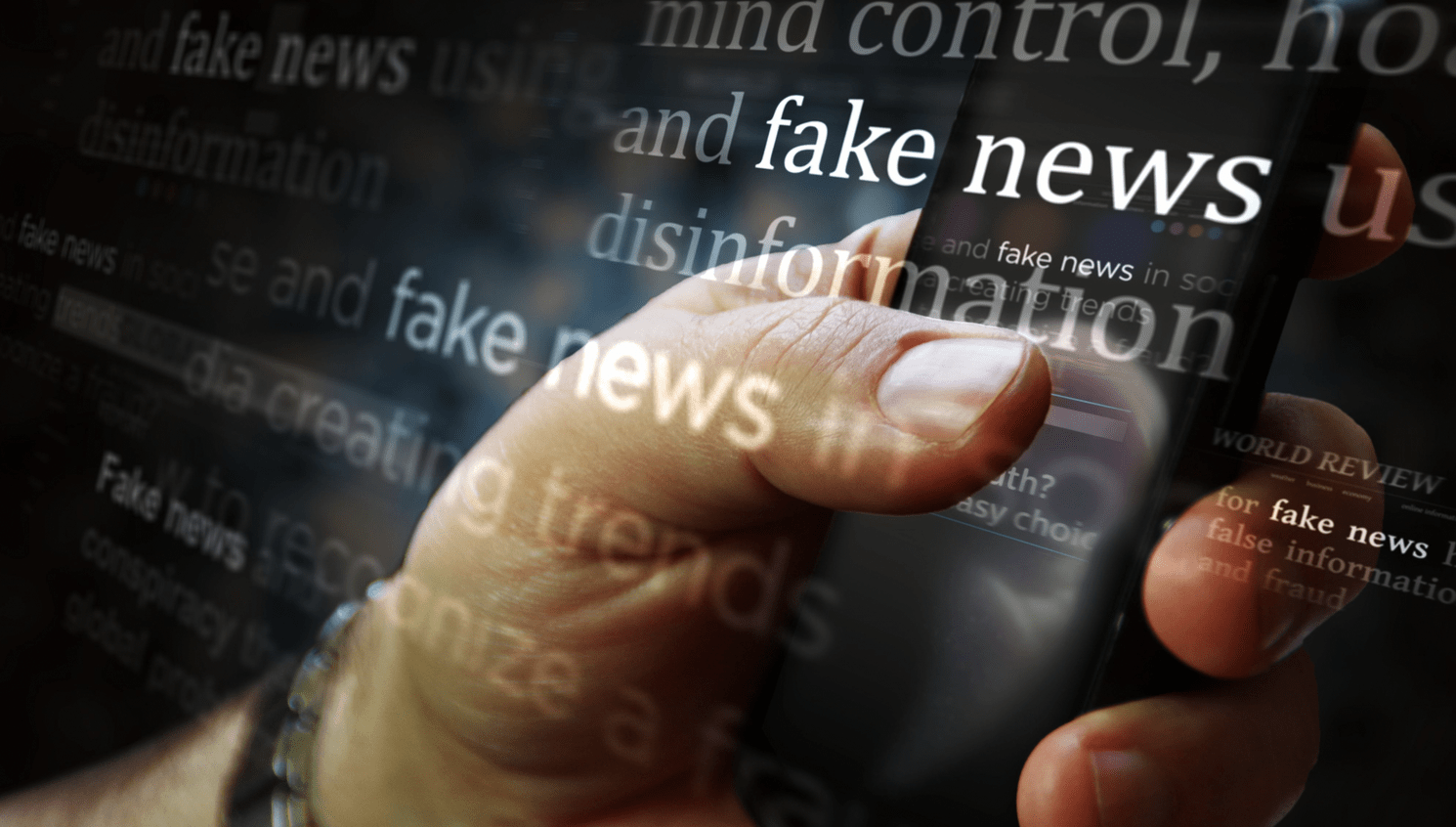Orwell Redux: 1984 has Arrived, Just a Little Late

By Charlie Angus
November 7, 2024
It took 40 years, but 1984 has finally arrived, with red MAGA hats replacing Orwell’s drab, totalitarian grey. But make no mistake, Donald Trump’s massive win was a Triumph of Orwellian slogans over democratic engagement. It was driven by an apparent longing for manipulative simplicity in the face of complex global realities.
Having grown up in the 1980s, I thought I knew something about Orwell’s 1984 vision of a future of mass surveillance and strongman control. But Big Tech promised to liberate us from this nightmare future. What was clear on election night, however, is that Big Tech money and technology toxified democratic engagement and drove the agenda of a faux-populist grifter.
Are you old enough to remember that night in January, 1984, when a small-time California computer company called Apple went all-in with a Super Bowl ad directed by Ridley Scott? The ad brilliantly played on our 1984 fears with a crowd of shorn cyberslaves mesmerized by Big Brother brainwashing them on a jumbotron. The defining moment comes when a female athlete appears in vivid colour and hurls a sledgehammer at the screen, shutting down the propaganda feed amid a shower of sparks.
And then the punch line, “You’ll see why 1984 won’t be like 1984.”
We were sold. I know I was. The dystopian future could be beaten. Silicon Valley promised a future of connectivity, individual autonomy and freedom. All we had to do was buy the gadgets.
And then more gadgets. And then more.
In the 80s, 90s and for good parts of the 2000s I was one of the many believers in the premise that if people had the power to do their own research, create networks of increasingly large groups who only knew each other through their digital IP address it would inevitably lead to spreading creativity and democracy. How could it not make people smarter and more engaged?
The Silicon Valley pioneers presented themselves as idealistic mavericks willing to move fast and break the stodgy political, economic structures holding us back. But that wasn’t the real story of the Big Tech revolution. It was born as a project of the US military. And from the beginning, the digital revolution was driven by a culture of toxic alpha-male libertarianism. By the time it exploded onto the world stage in the mid 1980s, author Max Fisher writes in The Chaos Machine that it was deeply rooted, in “the unashamed capitalism of the Reagan ’80s.” These “mavericks” believed that they had the right to arbitrarily rewire democracy and society.
What could possibly go wrong?
The 1984 Mac ad promised individual autonomy in the face of looming mass conformity and state surveillance. What we failed to grasp is the cost that came from allowing a few tech giants to rewire everything from democracy to our personal relationships. We paid little attention as our every online move was tracked by ever more-powerful machine-driven AI. Few noticed when our online “experiences” were siloed into increasingly isolated chambers of information. And only the tech giants knew that the secret sauce of the digital revolution was that disinformation and rage was the most powerful driver to keep our eyes locked on our screens.
I write this as a recovering digital utopian. Our global economies have been rewired to the benefit of libertarian capitalists and our addiction to gadgets has led to measurable breakdowns in social trust and rising online hate.
My Facebook feed has become a swamp of ugly and vicious memes generated by AI and Bot farms attacking the prime minister, climate action and “woke” individuals who dare express concern for environment or minority rights. As an elected official who has dealt with relentless harassment, I just recently received my first AI-generated death threat. It is such a far cry from those idealistic, Google “Don’t be evil” days when we believed internet interactions would inevitably build community, not tear them down. For a few years, it worked.
We looked to defy an Orwellian future defined by lies. But what we learned is that in a 140 (or even 280)-character world, slogans move quicker than truth. And what has driven the right-wing power of Trump, Bolsanaro and other propaganda actors is the exploitation of the immediacy and seduction of the internet to weaponize thought in the form of slogans that tap into a proud, defiant, terrified vulnerability.
How does democracy compete with that?
The connection between Trump and Silicon Valley goes deeper than how the Steve Bannons of the world broke the political code on rage algorithms. Huge amounts of money were used to ensure Trump’s election because right-wing tech billionaires understood the irresistible connection between the rise of AI, profits and undemocratic government power. Ben Tarnoff, writing in the New York Review of Books, states that Silicon Valley venture capitalists see Trump as key to the “linkages between the public and private sectors…in which tech companies would partner with the state to strengthen its coercive capacities at home and abroad.”
It took four decades, but 1984 finally arrived. It isn’t the grey world of military strongmen but an ugly marriage of toxic AI, billionaire capitalists and grifter politicians. What is perhaps the most dystopian factor of all, is just how cynical and mean it is.
I know that there are other lessons from the 80s to show us a better way. They are the pre-millennial memories that can help unwire our lives into a more sustainable future.
Policy Contributing Writer Charlie Angus is the MP for Timmins-James Bay and frontman for the band Grievous Angels. His new book Dangerous Memory Coming of Age in the Decade of Greed is published by House of Anansi Press.
